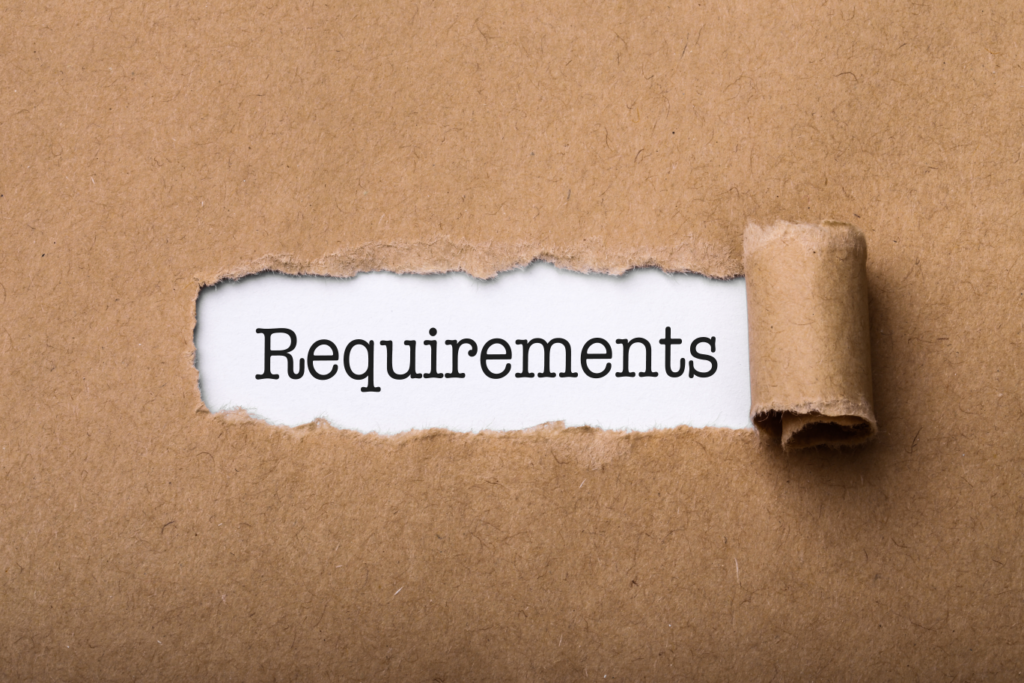As a real estate investor with over a decade of navigating the complexities of the Ohio property market, I’ve come face to face with the myriad challenges it presents, especially when selling a property with tenants. The journey from being a novice to a seasoned investor has taught me the critical importance of understanding legal frameworks and employing best practices in tenant communication. This guide distills the insights and strategies I’ve developed aimed at helping Ohio landlords manage the sale process smoothly, ensuring compliance with state laws and safeguarding tenant rights.

Understanding Tenant Rights and Legal Requirements in Ohio
Delving deep into Ohio’s legal intricacies has been an indispensable part of my real estate journey. Familiarizing yourself with the Ohio Revised Code, particularly sections that cover landlord-tenant law, is crucial. My firsthand experience underscores the necessity of rigorous adherence to these laws to facilitate lawful and frictionless property sales. In this guide, I’ll walk you through these key legal frameworks, enriched by my own experiences, to equip you for a seamless transaction.
One of the initial steps in this process involves effective tenant communication—a practice not just rooted in legal obligation but also in mutual respect and transparency. Depending on your lease agreements, Ohio law may mandate a notice period before the sale can proceed. Here’s how you can navigate this crucial step with finesse.
How to Tell Tenants You’re Selling: Communication Strategies
In my years of real estate dealings, clear and compassionate communication has always paved the way for smoother transitions. Here are some strategies that have worked for me:
- Personal Meeting: I always start with a personal meeting to discuss the upcoming sale. This approach has not only shown respect but has also allowed me to address any concerns directly, building trust in the process.
- Written Notice: Following our meeting, I provide a formal written notice, detailing the sale process and what the tenants can expect in the coming months. This step isn’t just about fulfilling a legal requirement; it’s about reinforcing our discussion with documented clarity.
- Open Line of Communication: I encourage an ongoing dialogue, inviting tenants to voice their concerns and questions. Being available and responsive has often helped ease transitions and maintain positive relationships.
Selling Rental Property with Tenants in Ohio: What to Expect
From personal experience, selling a property with tenants adds layers of complexity to the transaction. Prospective buyers might be investors or individuals looking for a new home. Understanding how the sale affects existing lease agreements is paramount. Most leases transfer to the new owner, who must honor the terms. Yet, nuances in the lease might permit early termination under sale conditions—a detail I’ve learned to navigate with care.
Navigating the Transition: Tips for Landlords
Here are some invaluable tips based on my experiences:
- Transparency: I keep tenants informed about every phase of the sale, from showings to inspections. This openness has been key to maintaining trust.
- Flexibility: Respecting tenants’ privacy and scheduling viewings at convenient times has helped me maintain a harmonious relationship with tenants during the sales process.
- Incentives: Offering incentives, like reduced rent during viewings or assistance with moving costs, has proven effective in securing tenant cooperation and goodwill.
Legal Requirements for Selling Property in Ohio

Beyond notifying your tenants, ensuring compliance with all legal and regulatory requirements is essential for a lawful and smooth sale. This includes adhering to fair housing laws, providing required property condition disclosures, and observing local ordinances. My journey has taught me the value of diligence in these areas, often consulting legal advice to navigate the finer points of Ohio real estate law.
Conclusion: Guide to Selling Rental Property in Ohio
Transitioning from a landlord to selling your rental property requires a balance of legal knowledge, clear communication, and empathy toward your tenants. Drawing from my extensive experience, this guide is designed to navigate you through the complexities of selling your rental property in Ohio with ease. Remember, preparation, communication, and adherence to the legal framework are your best tools for a successful sale. Whether you’re an experienced landlord or new to the real estate market, these principles will ensure a smooth transition for everyone involved.
FAQ for Selling Rental Property with Tenants in Ohio
- What legal requirements must I follow when selling a property with tenants in Ohio?
- You must adhere to the Ohio Revised Code, particularly the sections related to landlord-tenant laws. This includes providing proper notice to tenants, respecting existing lease terms, and following fair housing laws. Ensure you’re up-to-date with any local ordinances that may apply to your property.
- How much notice do I need to give my tenants before selling the property?
- The required notice period may vary based on the terms of your lease agreement and Ohio law. Typically, a 30-day notice is standard, but it’s crucial to review your lease agreements and consult legal advice to determine the specific requirements for your situation.
- Can I sell my property with tenants still living in it?
- Yes, you can sell your property with tenants in place. However, the new owner must honor the existing lease terms unless there’s a clause that allows for early termination due to the sale.
- What should I include in the written notice to tenants about the sale?
- The written notice should clearly state that the property is being sold, include any relevant dates (such as when the property is listed and potential closing dates), outline what the tenants can expect during the sale process, and any changes to their tenancy or lease terms if applicable.
- How can I make the property sale process easier for my tenants?
- Maintain open and honest communication, schedule property showings at convenient times, and consider offering incentives like reduced rent during the sale period or assistance with moving costs. These actions can help maintain a positive relationship with your tenants through the transition.
- What happens to the lease agreement when the property is sold?
- The lease agreement typically transfers to the new owner, who then becomes the landlord. The new owner must honor the terms of the existing lease until it expires unless the lease specifies otherwise.
- How can I ensure a smooth transition for my tenants during the sale?
- Be transparent about every step of the sale process, provide ample notice for showings and inspections, and be responsive to your tenants’ concerns and questions. Additionally, providing clear information about what the sale means for their tenancy can help ease uncertainties.
- What if my tenant refuses to cooperate with the sale process?
- If a tenant is uncooperative, it’s essential to communicate the legal aspects of their lease agreement regarding property showings and sale procedures. In extreme cases, seeking legal counsel to mediate the situation may be necessary, but often, disputes can be resolved through clear communication and negotiation.
- Can the new owner evict tenants immediately after purchasing the property?
- Unless the lease agreement allows explicitly for eviction upon sale or the tenants violate the lease terms, the new owner must honor the existing lease until it expires. After the lease expires, the owner can choose not to renew the lease under the terms outlined in the lease and Ohio law.
- Where can I find more information about my rights and responsibilities as a landlord in Ohio?
- For comprehensive information about landlord-tenant laws in Ohio, consult the Ohio Revised Code and consider speaking with a real estate attorney familiar with Ohio’s legal landscape. The Ohio Real Estate Commission and local landlord associations are also valuable resources for guidance and support.

